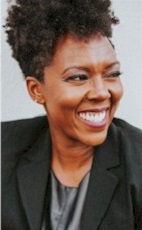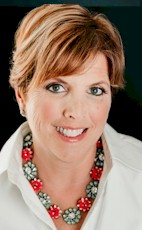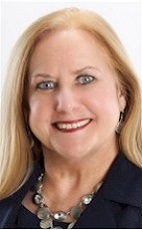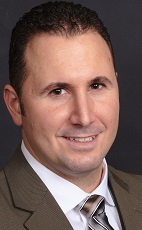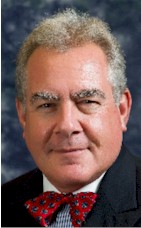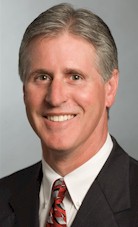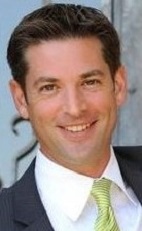
In an increasingly competitive environment where hotels are competing to attract, and more importantly, to keep top talent, Human Resource managers are realizing the need to focus on improving their Employee Experience. Smart managers are embracing the idea of Employee Wellness which translates into a system of physical, mental, emotional, and purposeful well-being. Some organizations are even providing free counseling for their employees and their dependents. The goal is to nurture, support and engage with their employees in a way that increases productivity, improves customer service, enhances loyalty, and creates a more harmonious work environment for all. Along with this development is the need for more effective, ongoing training. Many HR managers rely on external training firms for this, but there is a growing trend which taps the experience and expertise that already exists within the organization. For example, younger employees likely have greater knowledge of social media which an older generation might struggle with. Harnessing this peer-to-peer learning can be an efficient and cost effective way of increasing skills, and as a result, the knowledge transferred is likely to be more acceptable and relevant. Finally, HR managers need to foster an environment that empowers people and taps into their full potential, inspiring a personal journey of success. The March Hotel Business Review will take a look at some of the strategies and techniques that human resource directors are currently developing in order to achieve success.



 In an increasingly competitive environment where hotels are competing to attract, and more importantly, to keep top talent, Human Resource managers are realizing the need to focus on improving their Employee Experience. Smart managers are embracing the idea of Employee Wellness which translates into a system of physical, mental, emotional, and purposeful well-being. Some organizations are even providing free counseling for their employees and their dependents. The goal is to nurture, support and engage with their employees in a way that increases productivity, improves customer service, enhances loyalty, and creates a more harmonious work environment for all. Along with this development is the need for more effective, ongoing training. Many HR managers rely on external training firms for this, but there is a growing trend which taps the experience and expertise that already exists within the organization. For example, younger employees likely have greater knowledge of social media which an older generation might struggle with. Harnessing this peer-to-peer learning can be an efficient and cost effective way of increasing skills, and as a result, the knowledge transferred is likely to be more acceptable and relevant. Finally, HR managers need to foster an environment that empowers people and taps into their full potential, inspiring a personal journey of success. The March Hotel Business Review will take a look at some of the strategies and techniques that human resource directors are currently developing in order to achieve success.
In an increasingly competitive environment where hotels are competing to attract, and more importantly, to keep top talent, Human Resource managers are realizing the need to focus on improving their Employee Experience. Smart managers are embracing the idea of Employee Wellness which translates into a system of physical, mental, emotional, and purposeful well-being. Some organizations are even providing free counseling for their employees and their dependents. The goal is to nurture, support and engage with their employees in a way that increases productivity, improves customer service, enhances loyalty, and creates a more harmonious work environment for all. Along with this development is the need for more effective, ongoing training. Many HR managers rely on external training firms for this, but there is a growing trend which taps the experience and expertise that already exists within the organization. For example, younger employees likely have greater knowledge of social media which an older generation might struggle with. Harnessing this peer-to-peer learning can be an efficient and cost effective way of increasing skills, and as a result, the knowledge transferred is likely to be more acceptable and relevant. Finally, HR managers need to foster an environment that empowers people and taps into their full potential, inspiring a personal journey of success. The March Hotel Business Review will take a look at some of the strategies and techniques that human resource directors are currently developing in order to achieve success.





